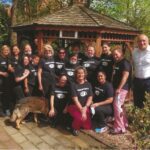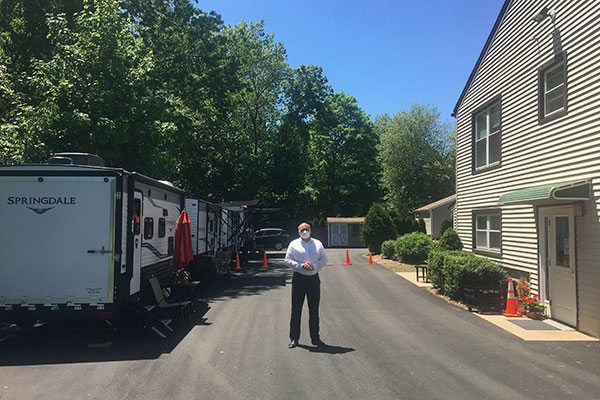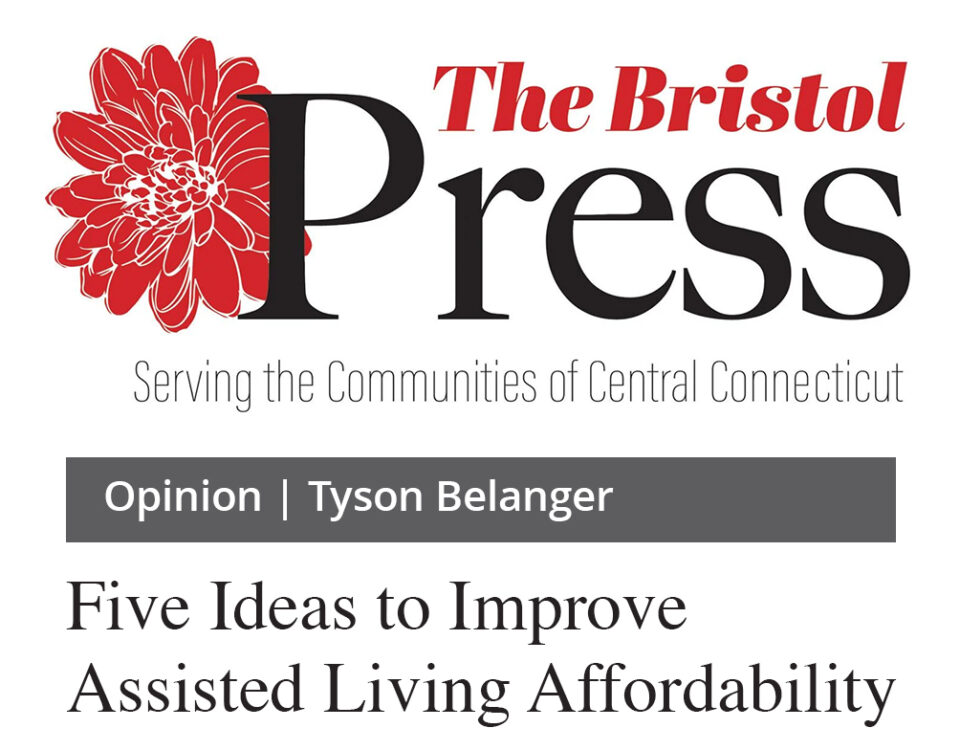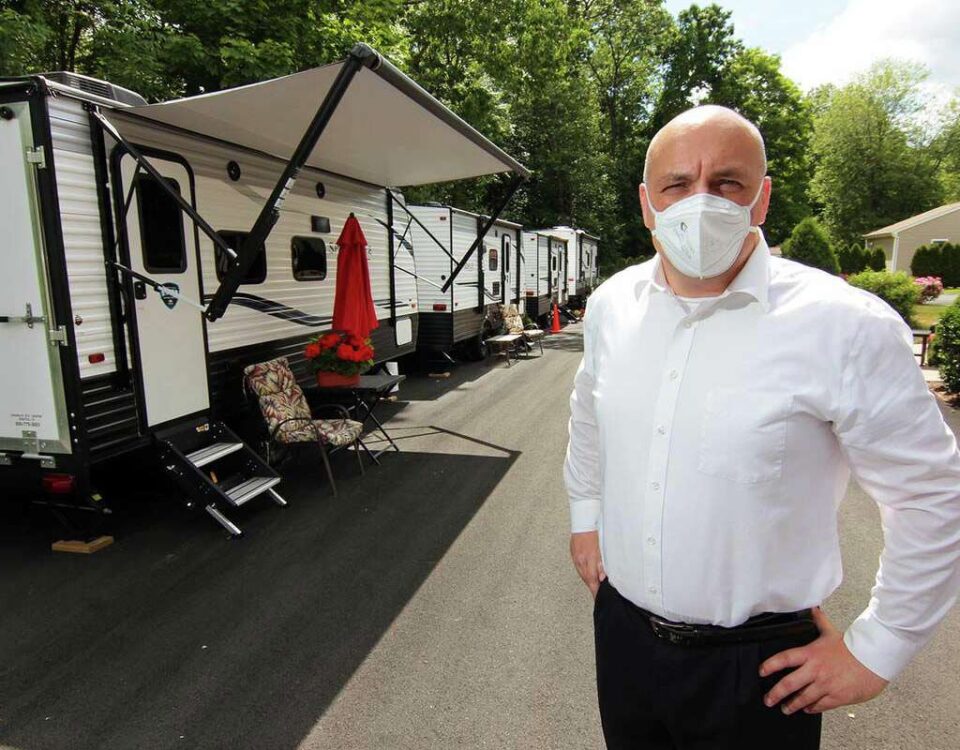
Shady Oaks Assisted Living Best Defense Against COVID-19
April 1, 2020
Community Letter May 2020
May 23, 2020
Shady Oaks Assisted Living Best Defense Against COVID-19
April 1, 2020
Community Letter May 2020
May 23, 2020
“Senior home workers could stay on-site during crisis”
By Tyson Francis Belanger
www.shadyoaksassistedliving.com
The Hartford Courant
Saturday April 4, 2020
Opinion Page
As the owner of an assisted living facility in Bristol, I know first-hand that local senior homes are now on the front lines in America’s war against the coronavirus outbreak, and one important step in the battle is to have staff members live on-site for several months.
Making daily commutes to and from their homes increases risk for everyone, but staff members cannot work remotely. Senior homes need immediate government and charitable assistance so they can accommodate and incentivize on-site living. This will protect residents, staff, families, local communities and hospitals.
Most senior homes have established checkpoints for screening staff members as they arrive for work. These checkpoints are important. However, over time, I fear they will be insufficient and unreliable as public policy. I stood at our home’s checkpoint last week, and I felt it reminded me of ritualistic theater or the useless beak masks people wore to avoid the bubonic plague.
My small home has nearly 50 staff members. If some catch COVID-19 from their communities or families, it can incubate for days without signs of ill health. So even if I staff our checkpoint with a top registered nurse who asks good questions, takes temperatures and listens to lungs, the probability that COVID-19 will enter our home via our staff remains painfully high.
As a further risk, many caregivers work at multiple homes and agencies. Like sequenced demolitions, COVID-19 in one home might cause a chain reaction in other homes and services.
Moreover, many senior homes expect increases in staff call-outs from illnesses, so they are hiring more staff. This could be exactly wrong. Each added staff member, working one job, then another, and back home each day amplifies risk across communities.
Instead, homes should undertake whole-home quarantines. Homes should reduce staff members to their core professionals and pay them incentives to live on-site and bypass the surge. To someday resume normal operations, homes should continue paying furloughed staff members.
On March 22, 17 staff members and I committed to live for up to two months in our home, in RVs and at a neighboring house. During the first week, zero people entered our home.
Hospitals will also benefit. In turn, this helps people in the wider community. Each safeguarded resident and staff member means one more available hospital bed for COVID-19 positive locals.
Many federal, state and charitable leaders are debating how to allocate trillions of dollars of economic stimulus and medical response. They should prioritize multiplier effects. The right financial help should not only help our economy, it should also help us defeat COVID-19. Connecticut has about 150 assisted living homes and 215 skilled nursing homes. If each gets $50,000 in weekly payroll assistance for six weeks, the cost will be about $110 million.
Without some version of this approach, I fear senior homes, including ours, will succumb one-by-one, radiating COVID-19 to families and communities. Heroic caregivers will help stricken residents, become infected and then further spread COVID-19.
This is an urgent matter. To succeed, whole-home quarantines start best with healthy staff and residents. However, as COVID-19 spreads, opportunities for clean starts will diminish. As of April 1, 36 (17%) of Connecticut’s 216 nursing homes have COVID-19 residents.
Today, my home is a safe place to live and work. However, on my own, I cannot afford it for long, and few homes can even start this. We admire our “Greatest Generation.” Many honorably served in World War II and Korea. Others are their surviving spouses and siblings. We should repay them.
Against COVID-19, the best defense for our senior homes is to begin on-site staff quarantines. To succeed, senior homes need immediate government and charitable assistance.
Continue reading on this topic here!
Dr. Tyson Francis Belanger owns and operates Shady Oaks Assisted Living in Bristol.



